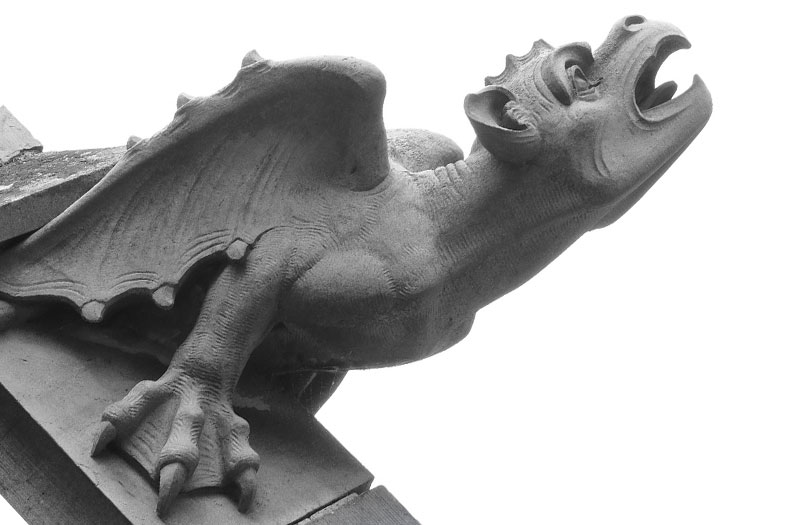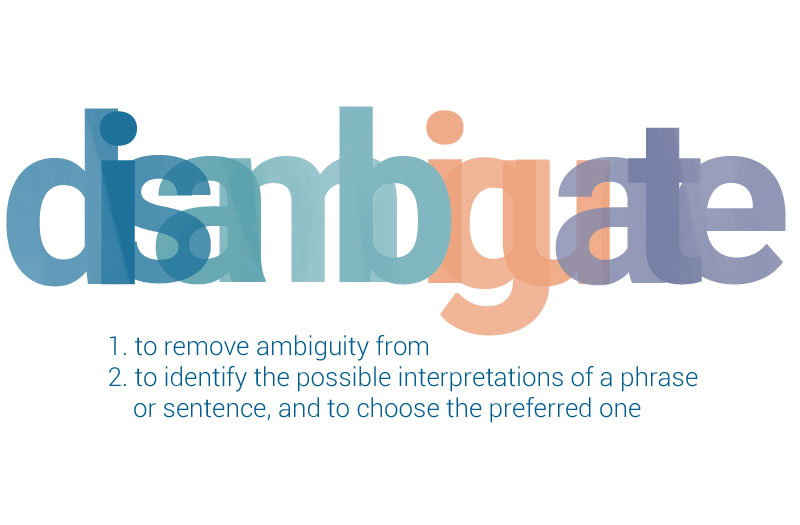 You know that delicious shiver which good writing can deliver? This passage from Hilary Mantel’s Wolf Hall does it for me. It describes the scene of the procession through London for Anne Boleyn’s coronation.
You know that delicious shiver which good writing can deliver? This passage from Hilary Mantel’s Wolf Hall does it for me. It describes the scene of the procession through London for Anne Boleyn’s coronation.
The route is hung with tapestries and banners, and at his orders the ground beneath the horses’ hooves is graveled to prevent slipping, and the crowds restrained behind rails in case of riots and crush; every law officer London can muster is among the crowd, because he is determined that in time to come, when this is remembered and told to those who were not here, no one is going to say, oh, Queen Anne’s coronation, that was the day I got my pocket picked. Fenchurch Street, Leadenhall, Cheap, Paul’s Churchyard, Fleet, Temple Bar, Westminster Hall. So many fountains flowing with wine that it’s hard to find the one flowing with water. And looking down on them, the other Londoners, those monsters who live in the air, the city’s uncounted population of stone men and women and beasts, fanged rabbits and flying hares, four-legged birds and pinioned snakes, imps with bulging eyes and ducks’ bills, men who are wreathed in leaves or have the heads of goats or rams; creatures with knotted coils and leathery wings, with hairy ears and cloven feet, horned and roaring, feathered and scaled, some laughing, some singing, some pulling back their lips to show their teeth; lions and friars, donkeys and geese, devils with children crammed into their maws, all chewed up except for their helpless paddling feet; limestone or leaden, metalled or marbled, shrieking and sniggering above the populace, hooting and gurning and dry-heaving from buttresses, walls and roofs.
from Wolf Hall by Hilary Mantel
(Fourth Estate, London, 2010, pp.463-64)
There’s so much to enjoy here. Mantel piles detail upon detail, creating a cavalcade of creatures while dishing up some dextrous linguistic tricks to delight her reader. The use of assonance in this excerpt is especially pleasing. This is the rhyming of the accented vowel sound in words, as demonstrated in “horned and roaring”, “lions and friars” and those disturbing “fanged rabbits”.
Alliteration is at play as well, with “metalled and marbled, shrieking and sniggering”, and who does not revel in the unexpected occurrence of the word “gurning”? There’s not even a listing for this in my New Shorter Oxford English Dictionary, nor in either edition of the Macquarie I own. Online sources assure me, however, that it refers to the pulling of grotesque faces, which is fitting for the image Mantel’s language evokes.
Indeed, Wolf Hall is rich with many such magnificent images and descriptions. I love it when writing like this causes me to catch my breath, to stop and read again, slowly and appreciatively, certain sentences, scenes or phrases. It’s one of the reasons my job is such fun.
There is always the chance that I’ll discover something wondrous like this.
What is your impression of this description by Hilary Mantel? What do you find most striking or enticing? What other exceptional texts have you been reading lately?



